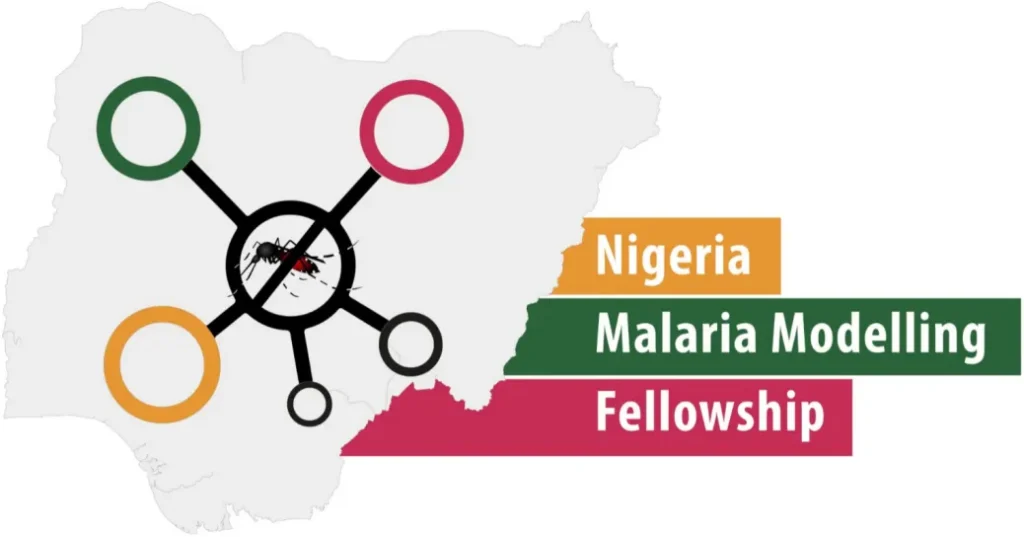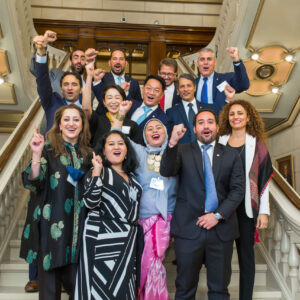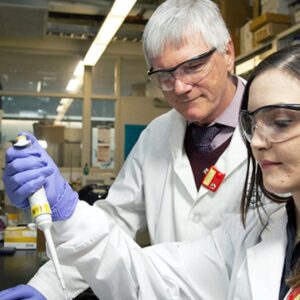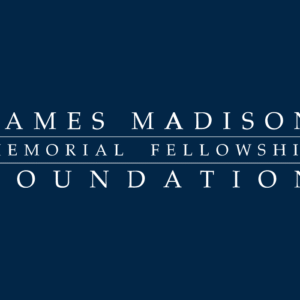
Let’s be honest—Nigeria has been fighting malaria for decades. It’s a public health nightmare that’s been draining lives and resources. But here’s something exciting: the Malaria Modelling Fellowship 2025/2026 is not just another training programme. It’s a fully funded, transformative opportunity aimed at empowering a new generation of Nigerian public health professionals to use data and models to outsmart malaria.
So, whether you’re a student, early-career epidemiologist, or a public health analyst looking to supercharge your skills—this is the opportunity you’ve been waiting for. Let’s unpack what this game-changing fellowship is all about.
About the Fellowship
What is the Malaria Modelling Fellowship?
The Malaria Modelling Fellowship is a funded initiative designed to build local capacity in Nigeria by equipping young professionals and students with hands-on skills in mathematical modelling, data analytics, and malaria research.
The Organizations Behind the Initiative
This initiative is spearheaded by top global health partners in collaboration with the Nigerian government. While specific partners may vary by year, past contributors include:
- The Bill & Melinda Gates Foundation
- National Malaria Elimination Programme (NMEP)
- Malaria Consortium
- University of Lagos
- African Institute for Mathematical Sciences (AIMS)
Programme Objectives
Empowering Local Talent
This programme is about putting tools in the hands of Nigerians who are committed to changing the malaria story. It aims to build home-grown experts who can develop and interpret malaria models tailored to Nigerian realities.
Data-Driven Policy for Malaria Control
By training fellows in modelling and analytics, the programme helps turn data into actionable insights. These insights inform everything from insecticide distribution to treatment guidelines and prevention campaigns.
Why Nigeria?
The Malaria Burden in Nigeria
Nigeria accounts for about 25% of global malaria cases. That’s a staggering number—and it’s exactly why this initiative is urgently needed.
Strategic Significance of Investing in Nigerian Talent
If Nigeria can control malaria, it changes the health landscape for all of sub-Saharan Africa. Building a team of elite local professionals is key to long-term success.
Who Should Apply?
Target Audience: Public Health Professionals & Students
This programme is designed for:
- Recent graduates in public health, statistics, mathematics, or life sciences
- Professionals working in NGOs or health ministries
- Data analysts interested in health applications
What Backgrounds are Preferred?
- Basic knowledge of public health
- Familiarity with data analysis or programming
- Strong interest in malaria research and control
Eligibility Criteria
Academic Requirements
- A Bachelor’s or Master’s degree in Public Health, Epidemiology, Statistics, Mathematics, or related fields
Nationality and Residency
- You must be a Nigerian citizen and resident
Experience in Public Health and Modelling
- Prior work or academic experience in disease modelling is a plus but not mandatory
Programme Structure
Duration and Timeline
The fellowship typically runs for 6–12 months, depending on project involvement and research track.
Core Training Components
- Workshops and tutorials
- Online and in-person bootcamps
- Real-time malaria data analysis
Hands-on Projects and Field Work
Fellows will collaborate on live malaria datasets, and some may even participate in field research and intervention planning.
Benefits of the Fellowship
USD 500 Monthly Stipend
This isn’t just about training—it’s also about support. Fellows receive a monthly stipend of $500 USD to help with living costs, making it truly accessible.
Mentorship by Industry Experts
You’ll be paired with renowned malaria researchers and data scientists who will guide your project and career growth.
Networking and Career Growth
Fellows join a powerful alumni network, opening doors to national and international research and policy opportunities.
Training Topics Covered
- Epidemiological Modelling
- R and Python for Data Science
- Geographical Information Systems (GIS)
- Impact Evaluation of Malaria Interventions
- Basics of Entomology and Vector Control
- Policy Translation of Model Outputs
Partner Institutions and Collaborators
Past and potential collaborators include:
- University of Ibadan
- Ahmadu Bello University
- National Malaria Elimination Programme (NMEP)
- Nigeria Centre for Disease Control (NCDC)
- London School of Hygiene & Tropical Medicine
Application Process
How to Apply
Applicants can visit the official fellowship portal for detailed instructions. Applications are usually submitted online.
Required Documents
- Updated CV or Resume
- Letter of Motivation (Max 1 Page)
- Academic Transcripts
- Reference Letter (1 or 2)
Timeline and Important Dates
- Application Opens: November 2024
- Deadline: January 2025
- Interviews: February 2025
- Programme Start: April 2025
Tips for a Winning Application
Crafting a Strong Motivation Letter
Focus on your passion for public health, your career goals, and how this fellowship aligns with them.
Highlighting Relevant Experience
Even internships and academic projects count. Show your work with data, statistics, or health research.
Avoiding Common Pitfalls
- Don’t submit a generic cover letter
- Avoid typos and grammatical errors
- Stick to the word/page limits
Alumni Success Stories
Real-Life Impact of Past Fellows
- Ngozi, 2023 Fellow: Used her experience to launch a malaria awareness app now used in two Nigerian states.
- Babatunde, 2022 Fellow: Now leads a regional malaria modelling team under the Ministry of Health.
Career Paths and Contributions
Alumni have gone on to:
- Join WHO regional offices
- Lead malaria control strategies in NGOs
- Pursue PhDs in malaria research abroad
Why You Shouldn’t Miss This Opportunity
This isn’t just a fellowship. It’s a launchpad. If you’re serious about fighting malaria and building a career that makes an impact—this is your shot.
It’s fully funded, backed by top-tier institutions, and designed to develop Nigeria’s next generation of public health leaders.
Frequently Asked Questions (FAQs)
Q1: Is the Fellowship Fully Funded? A1: Yes! The stipend covers living expenses, and there are no training or tuition fees.
Q2: Do I Need Prior Modelling Experience? A2: No. Training is provided, though a basic understanding of statistics or public health is helpful.
Q3: Can I Work While in the Programme? A3: It’s full-time, so it’s best to commit fully. Part-time work is discouraged.
Q4: Is Remote Participation Allowed? A4: Some modules may be online, but fellows should be available for fieldwork and in-person sessions.
Q5: What Happens After the Fellowship? A5: You become part of an alumni network and are often considered for advanced research or policy roles.
Conclusion
Public health isn’t just a profession—it’s a mission. And malaria isn’t just a disease—it’s a battle. The Malaria Modelling Fellowship 2025/2026 invites you to join the frontline with the right tools, mentorship, and funding.
Are you ready to use your skills to save lives and change Nigeria’s future?
If your answer is yes, then don’t wait. Apply now and become a part of something bigger than yourself.






